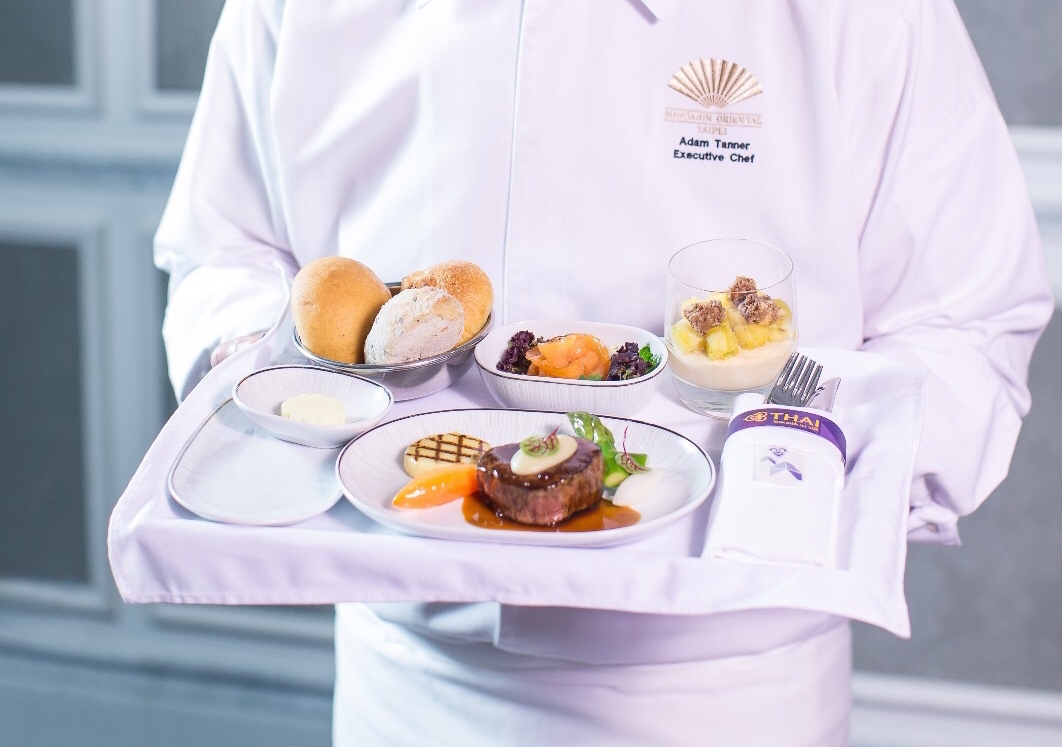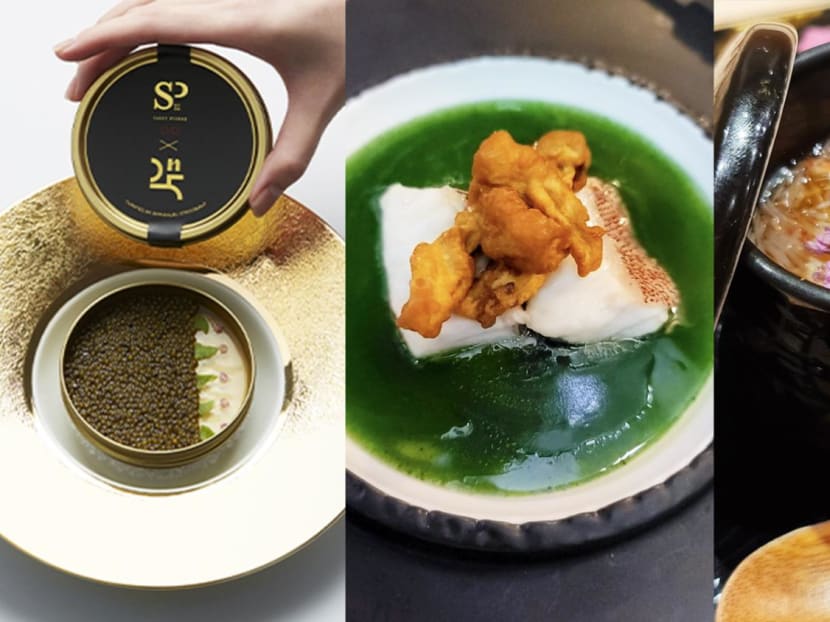

The quest for authentic local cuisine often extends beyond the gleaming, Michelin-starred establishments. This exploration delves into the rich tapestry of flavors, stories, and traditions that define a region’s soul. It’s a journey beyond the tourist traps, a quest to uncover the true essence of local cuisine, a culinary exploration that promises unforgettable experiences. Many seek a deeper connection with a destination’s culture through food, not just the expensive, well-known options. This article will explore how to find and savor authentic local cuisine beyond Michelin-starred luxury, taking you on a tour of unexpected culinary gems and insights into why this exploration is so important. We’ll look at the key steps to finding authentic local experiences, from recognizing the signs to understanding the cultural context, including insights into local markets and recommendations from locals.
Embracing the Essence of Local Cuisine
Beyond the Michelin Stars
The culinary scene often prioritizes globally acclaimed, high-end restaurants, overlooking the vibrant, unpretentious eateries that provide truly authentic experiences. Often, these ‘hidden gems’ hold the key to understanding a region’s heart and soul, providing a richer connection than any Michelin-starred meal. Understanding the value of these unique opportunities is vital to a complete understanding of local culture. This is about more than just tasting food; it is about experiencing the culture. Local cuisine is woven into the very fabric of a place, reflecting its traditions, history, and unique flavors. Local markets are often a fantastic entry point into this exploration, brimming with fresh produce and tantalizing flavors. These hidden gems are waiting to be discovered, offering unique insights into regional tastes and preferences, while often maintaining affordability.
Unveiling Hidden Culinary Gems
Strategies for Authentic Exploration
Identifying authentic local cuisine requires a shift in perspective. Instead of solely focusing on the well-known, renowned restaurants, look for places where locals gather, restaurants bustling with locals enjoying hearty meals. Online reviews from local food bloggers or forums that highlight regional specialties are incredibly valuable. The best recommendations often come from the community itself. Consider joining a local food tour, where a local expert can guide you through the best culinary spots. These explorations offer a more authentic experience, letting you step beyond the well-trodden path and into a vibrant new perspective.
The Value of Local Markets
Fresh Ingredients, Fresh Flavors
Local markets are vital for experiencing authentic cuisine first-hand. These bustling marketplaces are often a reflection of a region’s unique food culture, featuring fresh, seasonal produce, artisanal products, and regional specialties. The sights, sounds, and aromas of a vibrant market create an immersive experience that goes beyond mere taste. Witnessing the preparation of regional specialties offers a unique perspective into food traditions. A local market visit provides a true snapshot of a region’s culinary heart. Sampling various street food options provides a glimpse into local tastes and regional delicacies.
Understanding Cultural Context
Immersing Yourself in Flavors
Local food isn’t just about ingredients; it’s deeply intertwined with cultural traditions, stories, and values. Understanding the historical and cultural context enhances the experience significantly. Local cuisine reflects the region’s history and societal customs, providing a unique insight into the community. Learning about the ingredients, methods, and preparation process deepens the appreciation for the food. By understanding the history and significance behind the cuisine, diners establish a more personal and meaningful connection with the culture and the people.
Avoiding Tourist Traps
Recognizing the Signs
Often, well-known establishments in tourist areas might not reflect the true essence of local cuisine. Tourist traps often cater to a broader audience, compromising authenticity for commercial appeal. Look for restaurants frequented by locals. Check reviews from locals and follow local food blogs or forums to gain insights into hidden gems. Paying attention to local recommendations and engaging with locals to find their favorite spots can lead to uncovering truly authentic experiences.
The Role of Local Guides
Unveiling Hidden Treasures
Beyond independent exploration, seek out local guides or culinary experts. Local guides often possess valuable insights into hidden gems, lesser-known restaurants, and unique experiences. Local food guides can offer recommendations, provide context, and help navigate unfamiliar areas. They can point you toward the restaurants that locals frequent, ensuring an authentic and rewarding culinary journey.
Enriching Culinary Experiences
Beyond the Plate
Experiencing local cuisine is not limited to dining alone. Engage with the culture by participating in local cooking classes or workshops. Taking a cooking class lets you learn the techniques and understand the traditions behind local dishes. Engage with the community—talk to the chefs, ask questions, and explore the stories behind the food. These interactions help understand the depth of a culinary experience, going beyond mere consumption.
Local Cuisine as a Cultural Lens
Understanding Regional Heritage
Local cuisines often offer a captivating window into a region’s historical, cultural, and social heritage. Each dish, each preparation style, tells a story. Investigate the local ingredients, preparation methods, and cooking styles. Learning about these elements offers deep insights into the culture.
Making Local Cuisine Accessible
Sustainable Choices
In conclusion, the quest for authentic local cuisine extends beyond the realm of high-end establishments. Local markets, local restaurants, and engaging with the local community opens a window into a region’s history and soul. Sustainable practices in sourcing ingredients and supporting local producers will lead to a more environmentally friendly and rewarding experience. In summary, seeking authentic cuisine is a journey toward cultural immersion, leading to profound insights and satisfying encounters.
Frequently Asked Questions
What are some tips for finding authentic local cuisine?
When seeking authentic local cuisine, venturing beyond tourist traps is key. Look for restaurants frequented by locals, not just tourists. Check online reviews from local food bloggers or platforms with a strong community focus. Also, ask locals for recommendations, as they often have insider knowledge about hidden gems. Pay attention to the local food scene, like local markets, which often reveal unique, fresh offerings. Don’t be afraid to try something new and embrace unexpected tastes and traditions.
How can I make sure the food is safe to eat in a non-tourist location?
Prioritizing food safety in non-tourist locations involves focusing on established restaurants or places with consistently positive reviews. Observe how food is handled and prepared. If possible, look for places that use fresh, local ingredients. When in doubt, opt for well-regarded spots with obvious cleanliness standards. Consider asking locals about their favorite, reliable eateries for added reassurance, or if you have dietary restrictions, be clear about them.
In conclusion, the quest for authentic local cuisine beyond Michelin-starred establishments is a journey of discovery and appreciation. It’s about embracing the diverse flavors, stories, and traditions of a region, savoring the authentic experiences that local eateries offer. Explore beyond the hype, uncover hidden gems, and embark on a culinary adventure. Visit your local markets, ask locals for recommendations, and be open to the unexpected delights that await you. Discover the treasures of local cuisine today!